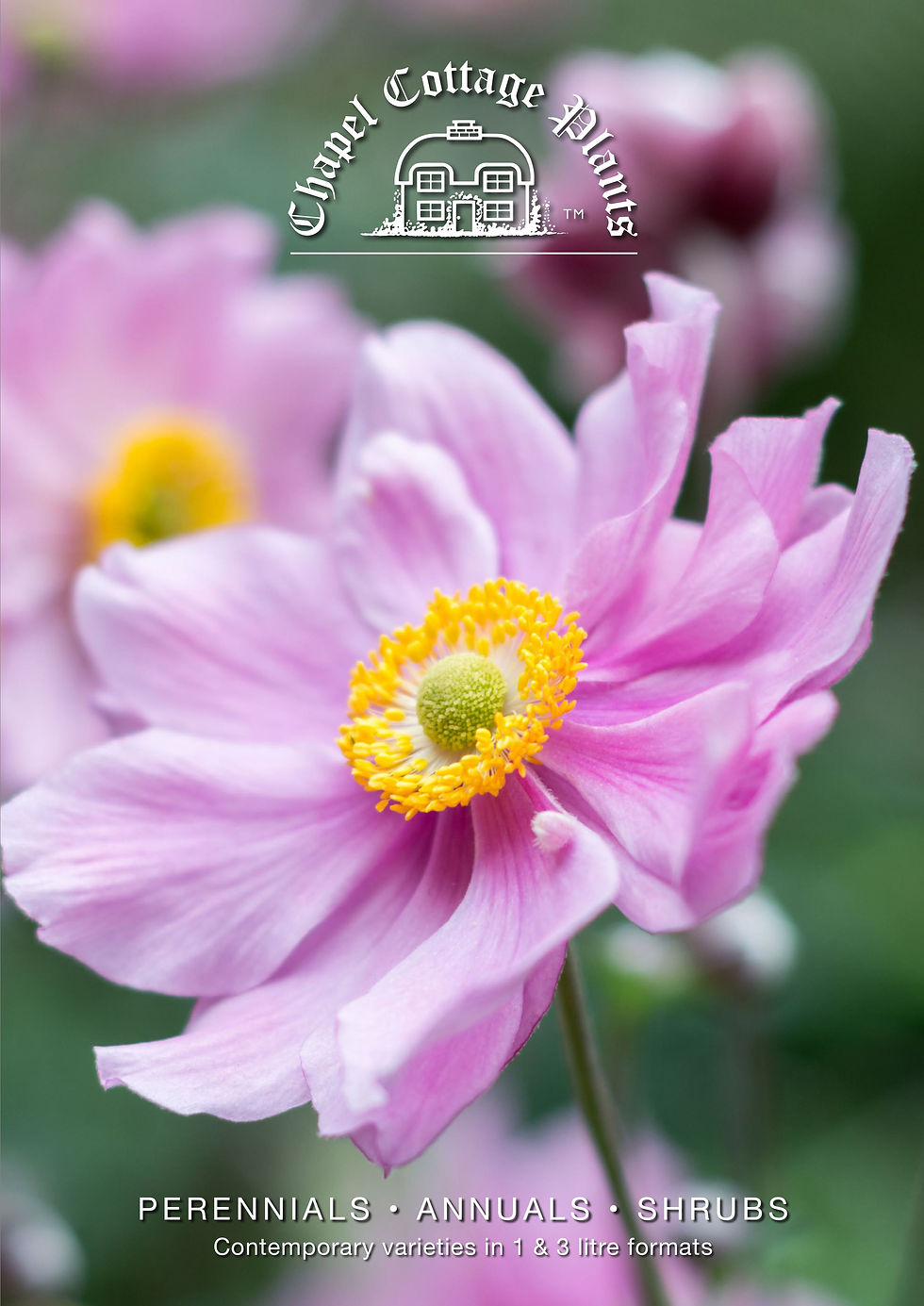Update on peat usage for 2022
- Oct 21, 2021
- 2 min read
Over the course of the year, we have trialed around 200,000 pots into a new peat-free mix.
We have been monitoring how a range of plant varieties in this new mix perform with the aim of moving to peat-free over the next few years. We are pleased that the mix has brought some fantastic results to the the products that we have trialed and there is a good case to move across to this new growing media. Plants grew with very little change to their growth pattern, they looked healthy and required no more care compared to plants we produced in our current mix.
Unfortunately, we have cast doubts over peat-free usage because of its lack of real sustainability. The main ingredient in the new mix is coir, a fibrous material made from coconut husks. This has to be shipped in vast quantities across from Sri Lanka and with the current economic climate, is almost impossible to get hold of due to container prices and haulage costs sky-rocketing during the pandemic. Although for our product that takes a relatively short time to grow, there are also other doubts being cast by growers of longer term crops, such as trees and shrubs, as to its performance in the long term with a coir based mix having a tendency to dry out fast unless watered frequently which therefore increases water usage on site dramatically. Fertiliser and feed costs may also increase on long term crops due to coir mixes having little ability to hold natural goodness in them.
As a commercial grower, we rely on a stable raw materials price to accurately price the final product that we produce and as it stands, moving to the new peat-free mix is not economically viable due to so many fluctuations and added costs compared to what we are producing. You may be pleased to hear however, we currently grow in a 40% peat-reduced mix. This has been used for around 8 years now and always produces great results for our plants. The 40% reduction is made up of wood fibers and bark.
As always, this is something that we will review again during the 2022 season. Whenever we can get hold of more peat-free mixes we will do more trials and tests on other varieties that we grow. We completely believe that the horticultural industry should be seen as sustainable and good for the environment however what we do has to also be economically viable to allow us to keep doing what we do. We totally support efforts that are being made trying to make the industry 'Greener', however this has to be in a way that is both sustainable and also economically viable for the commercial grower.





Comments